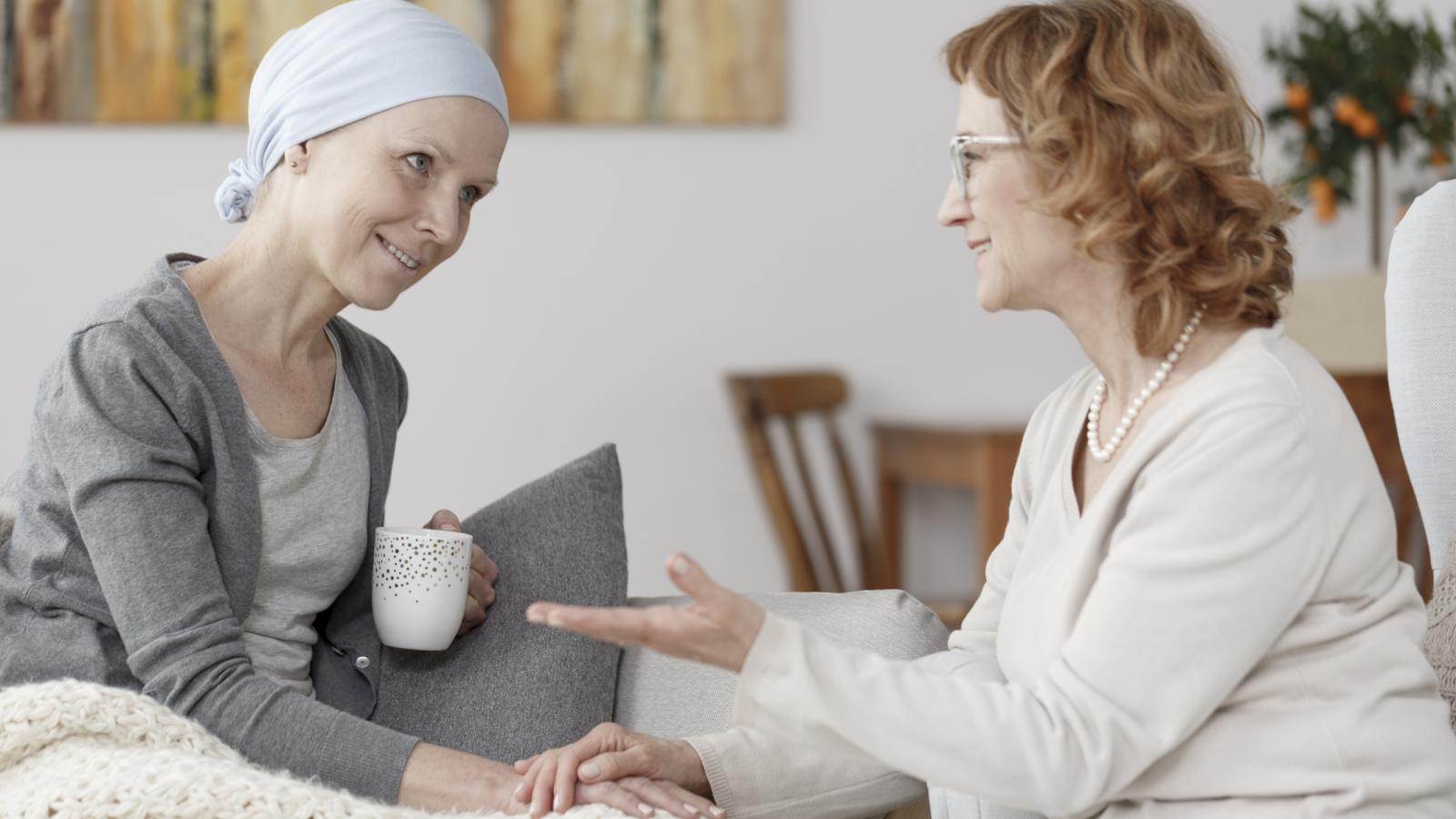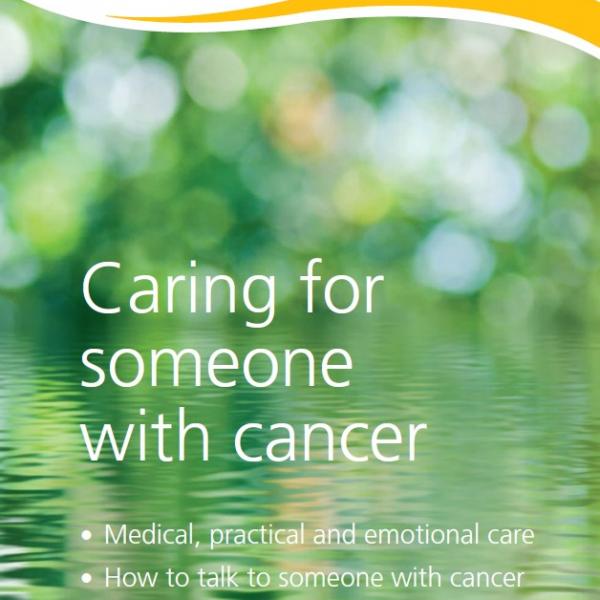Caring for someone with metastatic (advanced) cancer

If your loved one is diagnosed with metastatic or advanced cancer, it means that a cure is no longer possible. However, it is important to note that being diagnosed with advanced cancer doesn’t necessarily mean that your loved one will die soon. Some people live for a long time with advanced cancer, but it may take some time for them to adjust to this.
The type of care your loved one needs will depend on how their cancer is affecting them.
Emotional support
Some people with advanced cancer will need very little practical or medical support, especially early on in their illness or if their cancer is not affecting their daily lives too much.
But they may need emotional support and a listening ear to try to come to terms with their diagnosis.
You might find our booklets Understanding the emotional effects of cancer and Caring for someone with cancer useful if you are giving emotional support to someone with advanced cancer:

Medical support
Advanced cancer can cause side-effects that can be distressing and affect day-to-day life. For example, breathlessness, fatigue or pain.
Ways you can help with medical care:
- Learn about the causes of side-effects and the treatments available. This can help you to reassure your loved one and support them in getting the medical care they need.
- Encourage your loved one to tell their medical team about any side-effects so that they can get help.
- Attend appointments with them and write down anything important.
- Make sure they take any medications they are prescribed.
- Ask your doctor or hospital team about how to get palliative care support. The palliative care team are experts at managing the physical symptoms of advanced cancer, as well as offering support and comfort.
Planning ahead
It’s very understandable that you might feel anxious or reluctant to talk to your loved one about how they might like to be looked after if their cancer progresses, for fear of upsetting yourself or them.
But some people find it puts their mind at rest to have medical plans in place and sort out legal and practical matters, even though they still hope to live for a long time.
Planning ahead may include:
- Deciding how they feel about different types of medical treatment, including if they might want to stop treatment at any stage or carry on for as long as possible.
- Writing an advance care directive. This is where a person can write down their wishes about medical care. Doctors can use this if the person is not well enough to say what they want.
- Picking someone to make medical decisions if they are not well enough (this person is called a ‘patient-designated healthcare representative’).
- Making a will.
- Thinking about any preferences about end-of-life care, such as whether they prefer to stay at home, if possible, or in a hospital or hospice.
- Your loved one may not wish to talk to you about these issues. They may prefer to talk to someone else who is not as emotionally involved with their care as you, such as a solicitor, GP, or a medical social worker.
Planning ahead is useful for everyone, whether they have an illness or not.
More information on planning ahead
Think Ahead is a booklet to help you plan, where you can fill in your personal, medical, financial and legal information and preferences. Go to www.thinkahead.ie to find out more.
If you want more information about planning ahead, you could speak to the medical social worker at the hospital.
To talk to a cancer nurse in confidence about any aspect of planning ahead or about advanced cancer, call our Support Line on 1800 200 700 or visit a Daffodil Centre.
Palliative care
Many people are frightened when they hear the word 'palliative' because they think this means the patient will die soon. Palliative care does include end-of-life care, but it is not just for people at the end of their lives.
Palliative care aims to improve the quality of life of patients and their families facing the difficulties of a life-limiting illness.
As well as providing relief from pain and other physical symptoms, palliative care offers support and comfort to patients and involves caring for physical, emotional and spiritual needs in the best way possible.
Your GP or public health nurse can tell you what specialist palliative care services are available locally.
Read more about palliative care and frequently asked questions. You can also speak to a cancer nurse by calling our Support Line on 1800 200 700 or by dropping into a Daffodil Centre.
End-of-life care
As a carer, you may need to give end-of-life care to your loved one. This may be very difficult for you, both emotionally and practically.
It is hard to give end-of-life care on your own. It’s important to connect with services that can give you support.
Your GP is your first point of contact if your loved one needs care at home. They work with the public health nurse and others involved in the care of your loved one. They can also refer your loved one to the specialist palliative care service.
The Irish Cancer Society Night Nursing Service provides a night nurse for end-of-life care at home. This free service allows patients to remain at home for the last days of their lives.
Our booklet, A Time to Care – Caring for someone seriously ill at home, has information and advice to support you. You can download it below or get a free copy at a Daffodil Centre or by calling our Support Line on 1800 200 700.

For more information
Phone
1800 200 700




